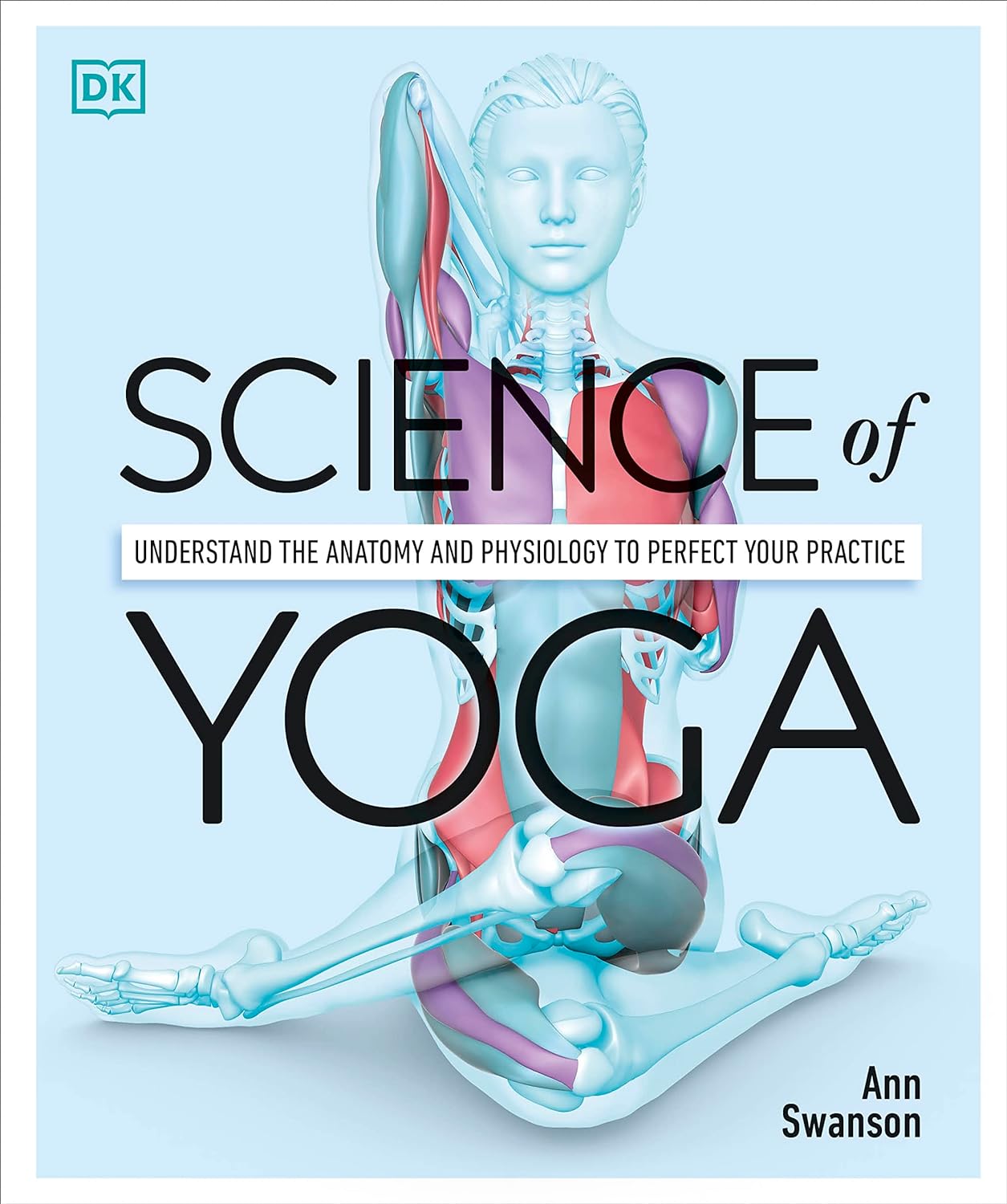Finding Balance: Hatha Yoga Principles & Practice

Before diving in, please note: This post is for informational purposes only. If you’d like to know more about how we approach topics, feel free to check out our friendly Disclaimer Page.
Hey there, amazing readers! 🖐️ Just a quick note: yes, we know there are a lot of ads here. Trust us, we get it—it’s not the prettiest look, but they help us keep this blog alive and kicking. Those pesky little ads cover the costs of all the behind-the-scenes magic, from hosting and tech stuff to creating content we hope you’ll love.
We’re committed to delivering quality posts, and your support (even just sticking around despite the ads) means everything to us. So, bear with us, and thanks for helping us keep the good vibes rolling. Now, on to the fun stuff! 😉
TRANSLATE BUTTON AT THE END OF THE ARTICLE
A Quick Overview of Hatha Yoga
Hatha Yoga is a traditional form of yoga that focuses on physical postures (asanas), breath control (pranayama), and meditation.
The word "Hatha" comes from the Sanskrit words "ha" meaning sun and "tha" meaning moon, representing the balance of opposing forces within the body.
This balance is achieved through the practice of various yoga poses and breathing techniques.
Hatha Yoga is suitable for all levels, from beginners to advanced practitioners, and can be tailored to fit individual needs and abilities.
Introduction to Hatha Yoga
Hatha Yoga is one of the most popular styles of yoga practiced in the Western world.
It is a gentle and accessible form of yoga that focuses on aligning the body, mind, and breath.
Hatha Yoga classes typically include a combination of physical postures, breathing exercises, and relaxation techniques.
The practice of Hatha Yoga helps to increase flexibility, strengthen muscles, improve balance, and reduce stress.
Understanding the Principles of Hatha Yoga
The principles of Hatha Yoga are based on the idea of balancing opposing forces within the body.
This includes balancing strength and flexibility, effort and ease, and activity and relaxation.
Hatha Yoga is also about cultivating mindfulness and awareness, both on and off the mat.
By practicing Hatha Yoga, students learn to listen to their bodies, breathe deeply, and focus their minds.
Benefits of Practicing Hatha Yoga
There are numerous benefits to practicing Hatha Yoga.
Some of the key benefits include improved flexibility, increased strength, better posture, reduced stress, and enhanced mental clarity.
Hatha Yoga can also help to promote relaxation, improve concentration, and boost overall well-being.
Regular practice of Hatha Yoga can lead to a greater sense of balance, both physically and mentally.
Finding Balance Through Asanas
The physical postures, or asanas, in Hatha Yoga are designed to help students find balance in their bodies.
By practicing a variety of poses that target different muscle groups, students can improve their strength, flexibility, and overall body awareness.
Some common asanas in Hatha Yoga include Mountain Pose, Warrior Pose, Downward-Facing Dog, and Child’s Pose.
Benefits of practicing asanas in Hatha Yoga:
Enhances flexibility
Strengthens muscles
Improves posture
Increases body awareness
Importance of Pranayama in Hatha Yoga
Pranayama, or breath control, is an essential component of Hatha Yoga.
By learning to control the breath, students can calm the mind, increase energy levels, and improve concentration.
There are various pranayama techniques that can be practiced in Hatha Yoga, such as deep belly breathing, alternate nostril breathing, and cooling breath.
Incorporating pranayama into your practice can help to enhance the overall benefits of Hatha Yoga.
Incorporating Meditation in Your Practice
Meditation is another important aspect of Hatha Yoga.
By practicing meditation, students can cultivate a sense of inner peace, reduce stress, and improve mental focus.
Meditation can be done before or after a yoga practice, or as a standalone practice.
Some common meditation techniques include focusing on the breath, repeating a mantra, or visualizing a peaceful scene.
Incorporating meditation into your Hatha Yoga practice can help to deepen your connection to yourself and the present moment.
Developing Strength and Flexibility
One of the key goals of Hatha Yoga is to develop both strength and flexibility in the body.
By practicing a variety of yoga poses that target different muscle groups, students can build strength in their arms, legs, core, and back.
At the same time, practicing asanas can help to improve flexibility in the muscles and joints, increasing range of motion and reducing the risk of injury.
Developing strength and flexibility through Hatha Yoga can lead to greater overall physical health and well-being.
Achieving Mental Clarity and Focus
Hatha Yoga is not just about the physical practice of yoga poses; it also helps to cultivate mental clarity and focus.
By practicing mindfulness and awareness on the mat, students can learn to quiet the mind, reduce distractions, and improve concentration.
The breathing techniques and meditation practices in Hatha Yoga can also help to calm the nervous system, reduce stress, and promote a sense of inner peace.
Achieving mental clarity and focus through Hatha Yoga can have lasting benefits in all areas of life.
Creating Harmony Between Mind and Body
One of the main goals of Hatha Yoga is to create harmony between the mind and body.
By practicing yoga poses, breathing exercises, and meditation, students can connect with their bodies on a deeper level and cultivate a sense of inner balance.
When the mind and body are in harmony, individuals are better able to cope with stress, maintain focus, and live a more fulfilling life.
Creating harmony between mind and body through Hatha Yoga is a lifelong journey that can lead to greater self-awareness and personal growth.
Building a Consistent Practice Routine
In order to reap the full benefits of Hatha Yoga, it is important to establish a consistent practice routine.
Setting aside time each day or week to practice yoga can help to create a sense of discipline and commitment to your practice.
Whether you attend classes at a studio, practice at home, or follow online videos, finding a routine that works for you is key.
Consistency is the key to progress in Hatha Yoga, as regular practice can help to deepen your understanding of the practice and its benefits.
Exploring Different Hatha Yoga Styles
While Hatha Yoga is a traditional form of yoga, there are many different styles and approaches to the practice.
Some popular variations of Hatha Yoga include Iyengar Yoga, Vinyasa Yoga, and Restorative Yoga.
Each style has its own emphasis and focus, catering to different preferences and needs.
Exploring different Hatha Yoga styles can help you find a practice that resonates with you and meets your individual goals and interests.
Trying out different styles can also help to keep your practice fresh and inspiring.
Benefits of exploring different Hatha Yoga styles:
Offers variety and diversity in practice
Helps to prevent boredom and plateaus
Provides new challenges and opportunities for growth
Tips for Deepening Your Hatha Yoga Practice
If you are looking to deepen your Hatha Yoga practice, there are a few tips to keep in mind.
Firstly, listen to your body and practice with awareness to avoid injury and promote progress.
Secondly, set specific goals for your practice, whether it’s mastering a challenging pose or improving your breathing technique.
Thirdly, take time to rest and recover between practices to allow your body to heal and rejuvenate.
Finally, seek guidance from experienced teachers or join a supportive community to stay motivated and inspired on your yoga journey.
In conclusion, Hatha Yoga is a versatile and accessible form of yoga that offers numerous physical, mental, and emotional benefits.
By incorporating the principles of Hatha Yoga into your practice, such as asanas, pranayama, and meditation, you can find balance, strength, flexibility, and inner peace.
Developing a consistent practice routine, exploring different styles, and deepening your practice with mindful awareness can help you achieve greater harmony between mind and body.
Whether you are a beginner or an experienced practitioner, Hatha Yoga has something to offer everyone on their journey to health and well-being.

The Enlightenment Journey is a remarkable collection of writings authored by a distinguished group of experts in the fields of spirituality, new age, and esoteric knowledge.
This anthology features a diverse assembly of well-experienced authors who bring their profound insights and credible perspectives to the forefront.
Each contributor possesses a wealth of knowledge and wisdom, making them authorities in their respective domains.
Together, they offer readers a transformative journey into the realms of spiritual growth, self-discovery, and esoteric enlightenment.
The Enlightenment Journey is a testament to the collective expertise of these luminaries, providing readers with a rich tapestry of ideas and information to illuminate their spiritual path.
Our Diverse Expertise 🌟
While our primary focus is on spirituality and esotericism, we are equally passionate about exploring a wide range of other topics and niches 🌍📚. Our experienced team is dedicated to delivering high-quality, informative content across various subjects ✨.
To ensure we provide the most accurate and valuable insights, we collaborate with trusted experts in their respective domains 🧑🏫👩🏫. This allows us to offer well-rounded perspectives and knowledge to our readers.
Our blog originally focused on spirituality and metaphysics, but we’ve since expanded to cover a wide range of niches. Don’t worry—we continue to publish a lot of articles on spirituality! Frequently visit our blog to explore our diverse content and stay tuned for more insightful reads.






